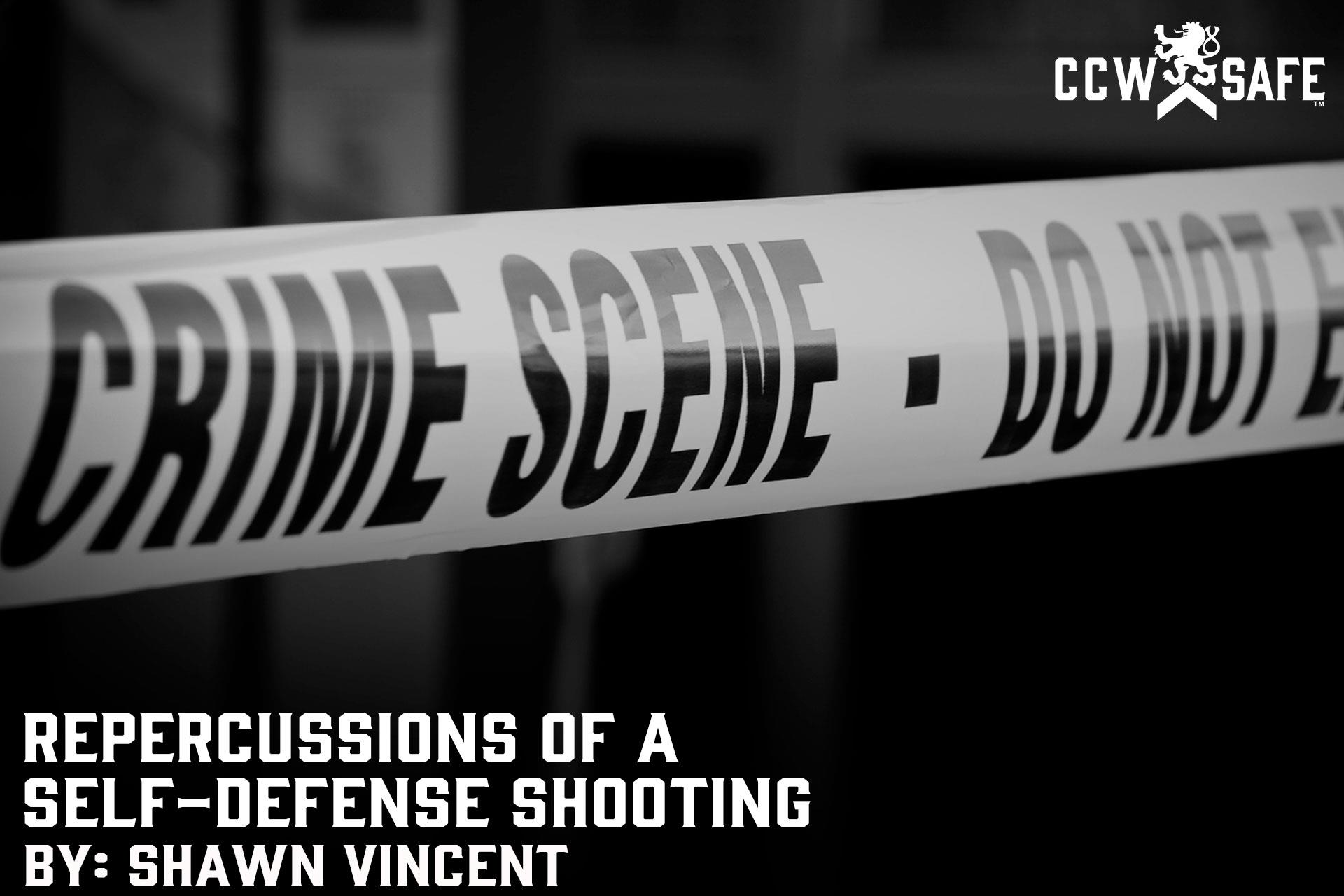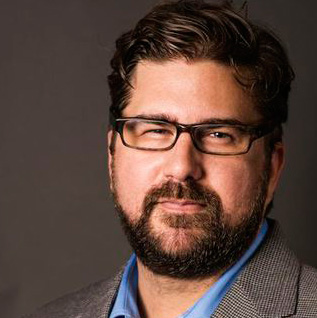
Posted on October 8, 2021
Repercussions of a Self-Defense Shooting
Repercussions of a Self-Defense Shooting
Consequences beyond prison and prosecution
During opening statements at the Michael Dunn trial for the so-called “Loud Music Shooting” in which Dunn killed Jordan Davis after an argument, criminal defense attorney Cory Strolla appealed to the jury: “Dunn had every right under the law not to be a victim, to be judged by 12, not carried by six.” Strolla referenced the well-worn self-defense trope that suggests 12 jurors are better than six pallbearers. While it’s objectively true that facing criminal prosecution is to be preferred over death, it is also true that enduring almost anything else is better than facing criminal prosecution.
Life in prison is the ultimate consequence an armed defender is likely to face when a self-defense shooting is found unjustified; that’s the sentence Michael Dunn is serving now. In many of the cases we’ve explored, the sentence is often less, somewhere between 15 and forty years which, for someone middle-aged or thereabouts, represents the bulk of the good years left.
In many of the cases we’ve explored, the defender may have won their court case and been spared a prison sentence, but the ordeal of enduring the criminal prosecution nonetheless strained their relationships, cost them their jobs, wiped out their savings, and left them to rebuild their lives with a stain on their reputation.
After a motor vehicle collision, Alexander Weiss shot a teenager who had threatened to kill him. Weiss waited nearly a year and a half to face a jury, but the jurors couldn’t agree on a verdict, and the case ended in a mistrial. Having already funded an expensive criminal defense, Weiss would have to figure out how to pay for a second trial. Five months later, Weiss returned to the courthouse, and when a second jury failed to reach a verdict, the prosecutor reluctantly dropped the charges. While Weiss was free, the ordeal left his life in shambles.
Criminal defense attorney and CCW Safe National Trial Counsel Don West says he wouldn’t wish a criminal prosecution on his worst enemy. When a citizen is accused of a serious crime, they wake up every day in a nightmarish limbo where their future and their freedom hang in the balance. It’s an agonizing existence.
Even those who do not face criminal prosecution are likely to endure at least some of the terrible uncertainty that a criminal defendant suffers. We explored the case of Charles Dorsey who shot an intruder who had muscled his way through the defender’s locked front door late at night. Although it proved to be a clear-cut self-defense case, Mr. Dorsey and his wife hired a lawyer to represent them during the month-long investigation that followed. In another case, the defender spent five weeks in suspense before law enforcement completed an investigation and cleared him for shooting an armed man who chased him down in a dark parking lot.
In a way, both of these defenders were lucky: the prosecutor in their respective cases officially declared the shootings justified and closed the file. Don West says that prosecutors are under no obligation to declare a self-defense shooting justified, and they can (and often do) keep a file open indefinitely, reserving the right to prosecute at a later date should some new evidence emerge or should some new witness step forward. As time goes on, the likelihood of facing charges dwindles, but the defender is left to move forward with life while the specter of a criminal prosecution continues to lurk.
In a few of the cases that we have explored, exoneration came quickly for the defenders. Zach Peters shot three intruders who broke through a sliding glass door at his home in the middle of the day. Six days later, prosecutors publicly declared that Peters “acted in accordance with his rights as an Oklahoma citizen.” In another case, Atlanta-area mother Melinda Herman was quickly heralded as a hero after she shot a home intruder five times in the face. “Her life was saved and our kid’s lives are saved, and that’s all that I can say,” her husband told reporters.
What often remains unsaid in the wake of a self-defense shooting is anything to do with the emotional and psychological toll the use of force incident takes on the defender. Don West has worked with many defenders in the aftermath of self-defense shootings, and he has found that, justified or not, shooters are deeply affected by a use of force incident — especially one that results in a homicide. CCW Safe’s Critical Response Coordinator Gary Eastridge had a long career as a law enforcement officer and homicide investigator in Oklahoma City. “I was involved in a lethal encounter in 1979,” Gary said in a recent CCW Safe podcast. “It is something that is still with me emotionally 42 years later, and I anticipate it will be with me the rest of my life.”
If you are a concealed carrier, you’ve likely come to terms with the fact that you are prepared to take another’s life to protect yourself or someone you love. In some of the cases we have explored, the defender had little choice but to use deadly force, and they no doubt found the consequences of their decision — whatever those consequences might have been — preferable to the alternative. But in every shooting, no matter how justified, there are always consequences. Gary Eastridge says, “I don’t think the average concealed carrier has a clear idea of what he or she will face if they’re involved in a deadly encounter. From the investigation, the possible court actions, both criminal and then potentially later civil, the emotional toll that it will take on an individual if they have taken a human life or been in a life or death situation. They don’t have a realistic grasp of how this one incident that may develop and be finished in a matter of seconds is going to stay with them for weeks, months, years, and possibly decades.”
In our exploration of self-defense cases, we constantly write about de-escalation and avoidance. Even when we encounter justified self-defense shootings, we often suggest alternative actions the defender could have taken to prevent the life or death situation. When we are critical, it is out of respect for the complicated consequences that we have witnessed defenders endure. The lesson for the concealed carrier is that every self-defense shooting — no matter how justified — carries substantial consequences for the defender. When deadly force must be used to prevent an imminent threat of death or great bodily injury, then any consequence is likely preferred to death; however, any choice you can make to avoid facing an imminent threat in the first place will produce a result that is likely far better than the consequences associated with the use of deadly force.
 |
SHAWN VINCENT- LITIGATION CONSULTANTShawn Vincent is a litigation consultant who helps select juries in self-defense cases, and he manages public interest of high-profile legal matters. If you have any questions for Shawn, or would like more articles like this, let us know belo |